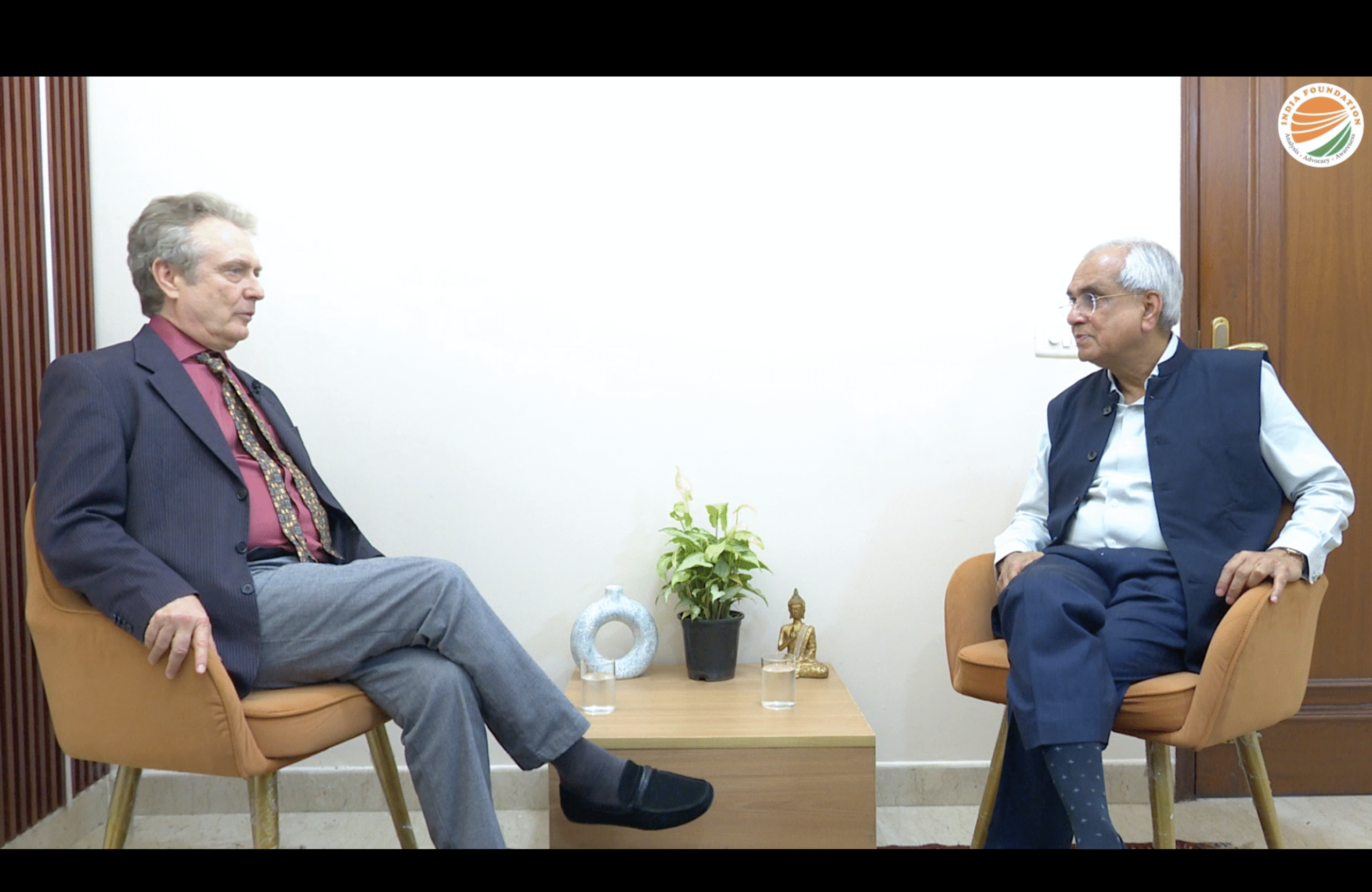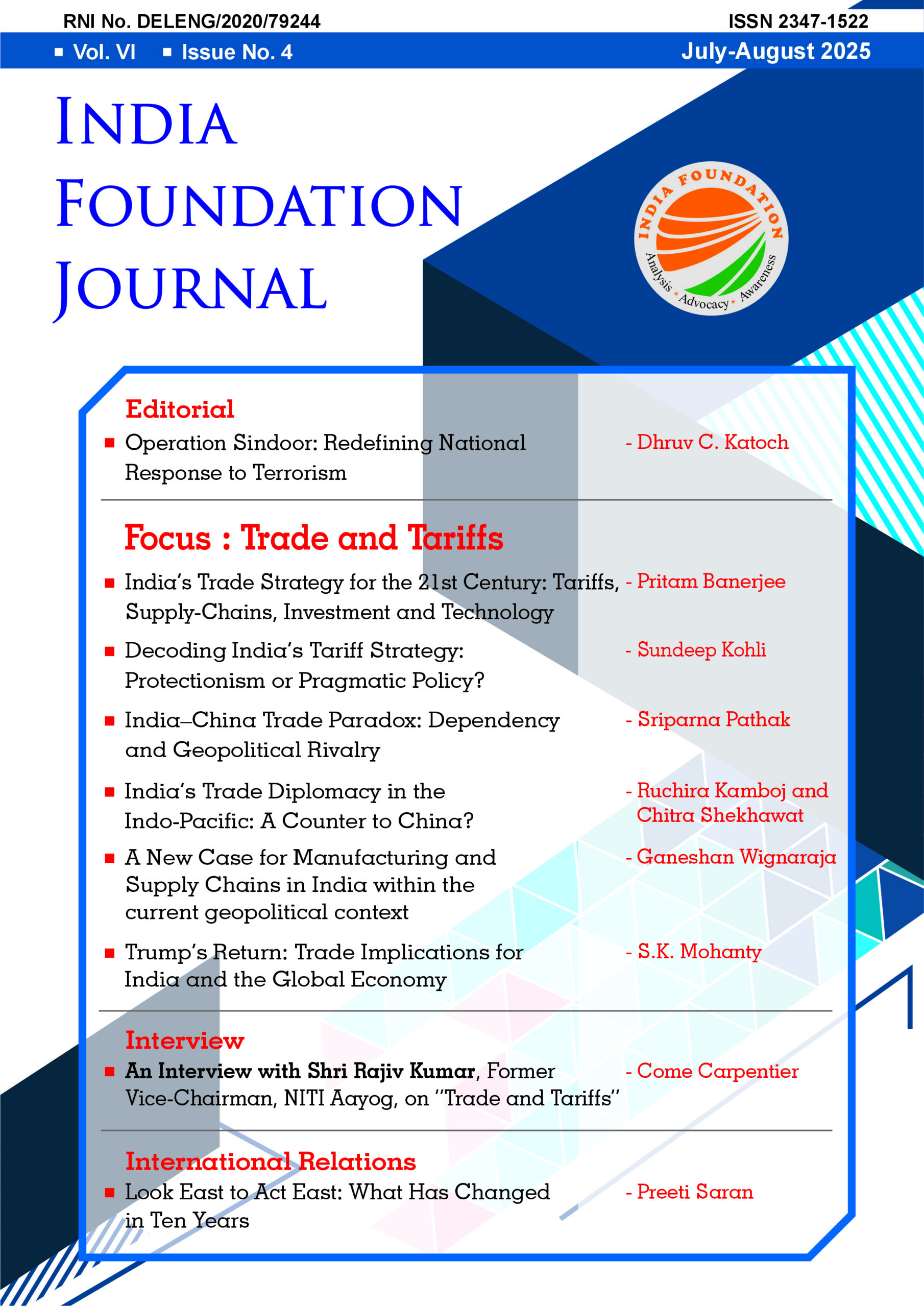Boards with the words “Andhra Mess” scrawled on them are invariably found in the gullies and mohallas of most towns and cities in Andhra Pradesh.
Increasingly, such boards are popping up in several other cities too — Bengaluru, Thiruvananthapuram, Pune, Mumbai, Delhi and so on, inviting diners to small eateries serving the typical spicy cuisine of Andhra Pradesh with colourful chutneys, a range of curry powders, ghee and rice. Most often, the clientele of these eateries, notwithstanding their unpretentious ambience, return happy from a sumptuous treat for a reasonable price. A win-win situation for all.
In another sense, however, the words “Andhra mess” are portentous. A no-win situation for all those involved. The voters of Andhra Pradesh, who preferred the Congress in the elections of 2004 and 2009, are unhappy and some recent developments forecast more gloom. Though for the voters in Andhra Pradesh, the “Andhra mess” is not devoid of spice and flavour, they are the unhappy losers. The people of Andhra Pradesh are being taken for a ride, their patience is being tested and they are being denied even an iota of governance.
What a sad fall it has been for Andhra Pradesh! From the point where the state was becoming the preferred destination for investors in information technology, even giving Bengaluru, Pune and Gurgaon a tough fight, it is today in a mess of the typically Andhra kind. Urban renewal, self-help groups (SHGs) and a few other governance milestones are recalled with some cheer even today. But agriculture remained then and continues even today as a deeply depressing story.
Entrepreneurs and political observers had then referred to Andhra Pradesh as a “happening place”. Over the last two years, it has become a happening place again, but for all the wrong reasons. The liquor mafia, the land mafia, the mining mafia, the contractor-builder-politician nexus — very much like it is in the Congress-ruled Maharashtra — have flourished. Diversion of funds allotted for the Jalayagnam irrigation project was a shocking scandal that rocked the state’s stability. Yet the Congress kept looking the other way. Its only response was to change chief ministers, two in as many years.
The liquor scam is estimated at Rs. 5,000 crore. For every licensed liquor retail outlet, there are over 200 unauthorised, perhaps even mobile outlets called “belt shops”. Activists fighting the powerful liquor mafia claim that nearly eight ministers and several MLAs, together with some excise department officials, are involved in the scam. The Congress kept denying all allegations till the excise minister, Mopidevi Venkata Ramana Rao, was sent to judicial custody. The Anti-Corruption Bureau, too, refrained from taking names as “big names” were involved. Over the past few days a few more MLAs have been taken into custody.
The disproportionate assets case for which YSR Congress leader Jagan Mohan Reddy has been arrested too has wider connotations. These “disproportionate assets” are not like those of any ordinary citizen; huge wealth has been amassed and the case is against the son of a former chief minister, Y.S. Rajasekhar Reddy, a Congressman. YSR was the chief minister of Andhra Pradesh till his tragic death in September 2009. The funds which were invested in the commercial operations of the prodigal son amount to, according to the claims of the CBI in court, Rs. 1,200 crore. The CBI has said that at a personal level the son profited by over `300 crore. In essence, a comprehensive loot of the well-endowed state was going on during the Congress rule, from 2004 to 2009.
Evidence is slowly emerging, making it clear that the state was being looted with the active cooperation of several ministers who would issue government orders to benefit not the common man but YSR’s son or his business or the party. In this connection, nearly 26 government orders are subject of judicial scrutiny as the motives behind passing such orders are being questioned. The CBI is investigating the case at its own pace. But the impression is that many other powerful people who are involved are not being touched. The Congress’ response is to again distance itself from the matter as the CBI is functioning under the high court’s orders. But can the party deny that this entire episode relates to the Congress reign? A reign that continues even today.
On Telangana, the Congress-led UPA’s flip-flop together with the state Congress’ failure to take a decision had led to paralysis of administration in 10 districts. The coastal and Rayalaseema areas were left directionless. The state Congress spoke in multiple voices. Congress members of Parliament, particularly those from the Telangana region, failed to convince their high command on the election promise made since 2004. They feared losing their ground support, and so they protested in the Lok Sabha as the session was on and got reprimanded by the House, in the process. Some would say that these are just the dynamics of political decision-making. However, their impact on the ground has led to instability, neglect, suffering and stalling of growth.
It was, after all, the Congress in 2004, in alliance with the Telangana Rashtra Samithi (TRS), which had promised to build a consensus on Telangana. After winning the election and having accommodated the TRS in the Cabinet, the Congress forgot about Telangana. And in 2009, when it won the Assembly elections without the TRS, it felt it had no obligation to build a consensus on the issue. On the contrary, wishing to draw political mileage, a hurried midnight statement and a speedier withdrawal of the same made by the Union home minister pushed the entire state into a veritable cauldron of maladministration.
The Congress has failed the people of Andhra Pradesh. A steadily progressing state has been brought to a grinding halt. Uncertainty prevails on every issue. Elections to local bodies, municipalities and some corporations are overdue. The Andhra Pradesh Congress party, too, is in a mess and unfortunately, Rahul Gandhi has no time for it. Byelections to one Parliament and 18 Assembly seats are in the process of completion. As if conceding defeat, the party has claimed that these byelections are no referendum on the Congress government.
(This article was originally published in the Asian Age on June 11, 2012)



